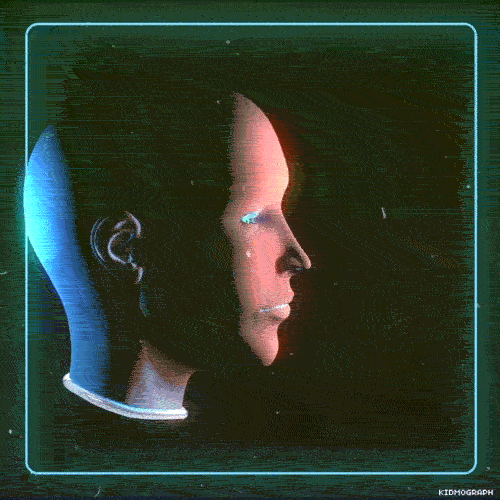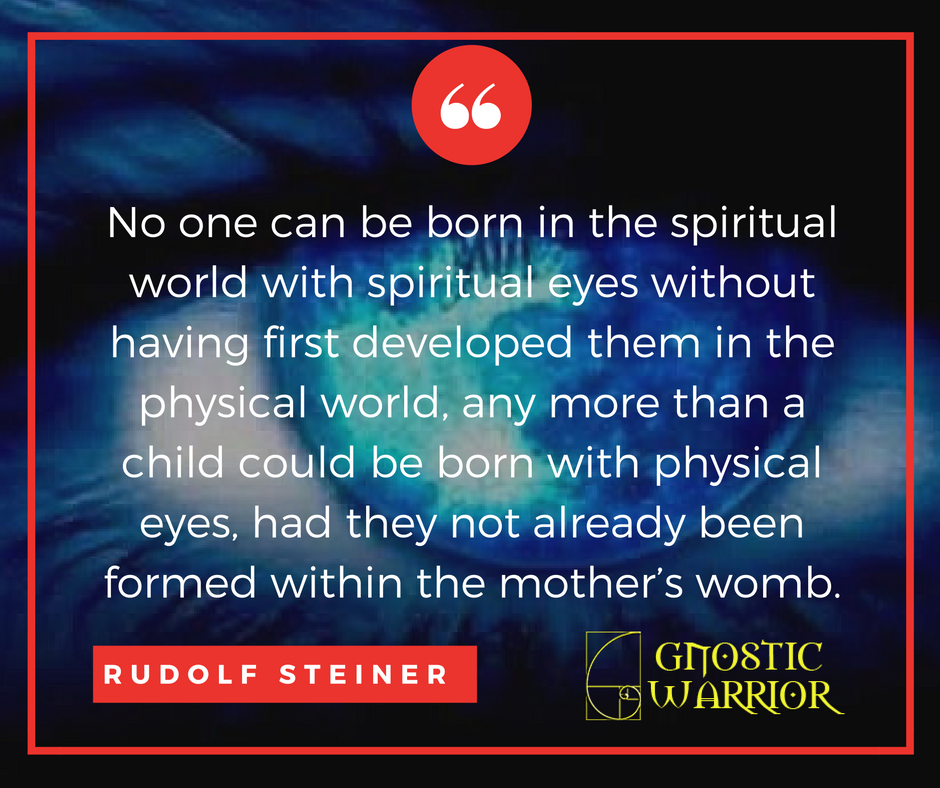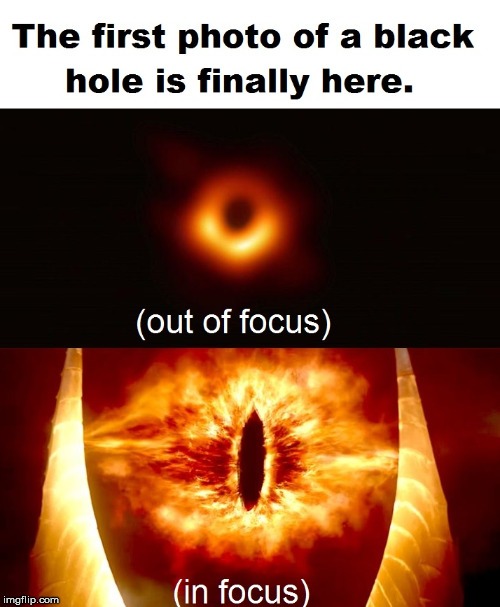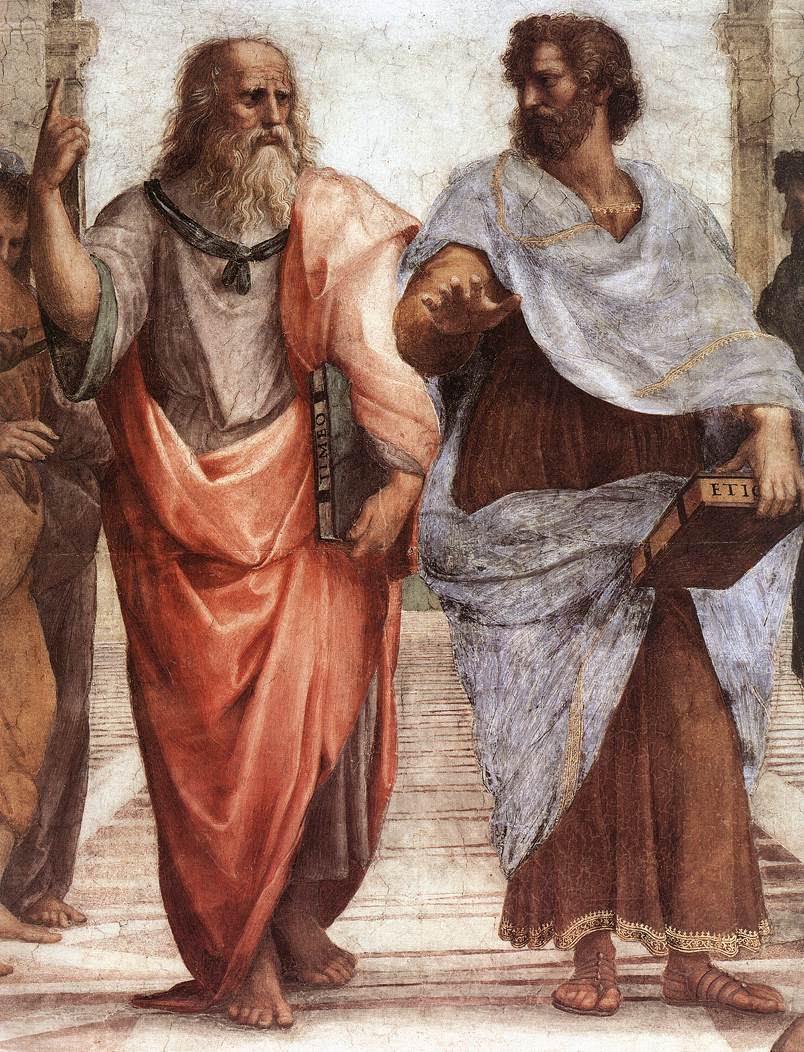And now, a very natural question is suggested. How did Paracelsus come to learn anything of the composition of the stars, when, till a very recent period — till the discovery of the spectroscope in fact — the constituents of the heavenly bodies were utterly unknown to our learned acade-
Page 169
mies? And even now, notwithstanding tele-spectroscope and other very important modern improvements, except a few elements and a hypothetical chromosphere, everything is yet a mystery for them in the stars. Could Paracelsus have been so sure of the nature of the starry host, unless he had means of which science knows nothing? Yet knowing nothing she will not even hear pronounced the very names of these means, which are — hermetic philosophy and alchemy.
We must bear in mind, moreover, that Paracelsus was the discoverer of hydrogen, and knew well all its properties and composition long before any of the orthodox academicians ever thought of it; that he had studied astrology and astronomy, as all the fire-philosophers did; and that, if he did assert that man is in a direct affinity with the stars, he knew well what he asserted.
The next point for the physiologists to verify is his proposition that the nourishment of the body comes not merely through the stomach, “but also imperceptibly through the magnetic force, which resides in all nature and by which every individual member draws its specific nourishment to itself.” Man, he further says, draws not only health from the elements when in equilibrium, but also disease when they are disturbed. Living bodies are subject to the laws of attraction and chemical affinity, as science admits; the most remarkable physical property of organic tissues, according to physiologists, is the property of imbibition. What more natural, then, than this theory of Paracelsus, that this absorbent, attractive, and chemical body of ours gathers into itself the astral or sidereal influences? “The sun and the stars attract from us to themselves, and we again from them to us.” What objection can science offer to this? What it is that we give off, is shown in Baron Reichenbach’s discovery of the odic emanations of man, which are identical with flames from magnets, crystals, and in fact from all vegetable organisms.
The unity of the universe was asserted by Paracelsus, who says that “the human body is possessed of primeval stuff” (or cosmic matter); the spectroscope has proved the assertion by showing that the same chemical elements which exist upon earth and in the sun, are also found in all the stars. The spectroscope does more: it shows that all the stars are suns, similar in constitution to our own; and as we are told by Professor Mayer, that the magnetic condition of the earth changes with every variation upon the sun’s surface, and is said to be “in subjection
Page 170
to emanations from the sun,” the stars being suns must also give off emanations which affect us in proportionate degrees.
“In our dreams,” says Paracelsus, “we are like the plants, which have also the elementary and vital body, but possess not the spirit. In our sleep the astral body is free and can, by the elasticity of its nature, either hover round in proximity with its sleeping vehicle, or soar higher to hold converse with its starry parents, or even communicate with its brothers at great distances. Dreams of a prophetic character, prescience, and present wants, are the faculties of the astral spirit. To our elementary and grosser body, these gifts are not imparted, for at death it descends into the bosom of the earth and is reunited to the physical elements, while the several spirits return to the stars. The animals,” he adds, “have also their presentiments, for they too have an astral body.”
Van Helmont, who was a disciple of Paracelsus, says much the same, though his theories on magnetism are more largely developed, and still more carefully elaborated. The Magnale Magnum, the means by which the secret magnetic property “enables one person to affect another mutually, is attributed by him to that universal sympathy which exists between all things in nature. The cause produces the effect, the effect refers itself back to the cause, and both are reciprocated. “Magnetism,” he says, “is an unknown property of a heavenly nature; very much resembling the stars, and not at all impeded by any boundaries of space or time. . . . Every created being possesses his own celestial power and is closely allied with heaven. This magic power of man, which thus can operate externally, lies, as it were, hidden in the inner man. This magical wisdom and strength thus sleeps, but, by a mere suggestion is roused into activity, and becomes more living, the more the outer man of flesh and the darkness is repressed . . . and this, I say, the kabalistic art effects; it brings back to the soul that magical yet natural strength which like a startled sleep had left it.”

Moe is the founder of GnosticWarrior.com. He is a father, husband, author, martial arts black belt, and an expert in Gnosticism, the occult, and esotericism.





